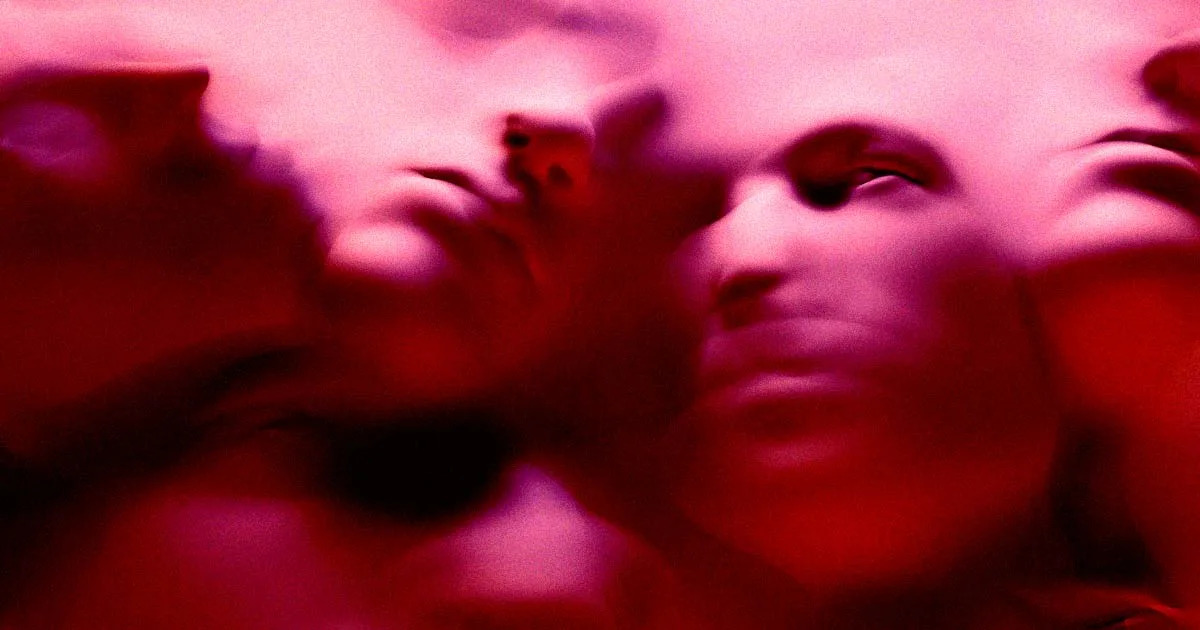Noor Al-Sibai
Mon, October 7, 2024

Scientists believe they've discovered where the "voices" heard by some people with schizophrenia emanate from using brainwave mapping.
As detailed in a new study published in the journal PLOS Biology and conducted by researchers at New York University's Shanghai campus, the way people experience auditory hallucinations may not be that different from the way humans hear external sounds.
Scientists have long suggested that people with schizophrenia and other disorders hear voices that are not there because their brains have trouble distinguishing between their own inner thought processes and external voices, which to them makes it seem like someone unseen is speaking to them.
Because these voices are processed like any other sound in the brains of people who experience auditory hallucinations, the team at NYU Shanghai's Institute of Brain and Cognitive Science decided to put electroencephalogram (EEG) monitors on people with schizophrenia — 20 participants who hear voices and 20 who don't — to see what was different about their brains.
As the researchers discovered, it appeared that the brains of those who experience audio hallucinations failed to fire off the "corollary discharge" signal, which silences our inner monologues and prepares our bodies to hear sounds coming out of our own mouths.
While they prepared to say a syllable aloud, per the scientists' instructions, the hallucinating group not only didn't turn off their inner monologues, so to speak, but also had what seemed to be a hyperactive response to what's known as "efference copy," a brain signal that instructs the motor functions associated with vocalizing.
"Imprecise activation function of efference copy," the researchers wrote, "results in the varied enhancement and sensitization of auditory cortex."
Translation: audio hallucinations activate the sound-processing part of the brain while also impairing some of the motor functions associated with speaking. As a result, there seems to be a breakdown in the way people who have auditory hallucinations process their own thoughts which ultimately leads them to externalize them as outside sounds or voices.
"People who suffer from auditory hallucinations can 'hear' sounds without external stimuli," the team explained in a statement. "Impaired functional connections between motor and auditory systems in the brain mediate the loss of ability to distinguish fancy from reality."
As the researchers note in their paper, discovering where in the brain these signals take place may help improve schizophrenia therapies. This could be great news given that the main treatment for schizophrenia involves talk therapy meant to help people with the disorder deal with their symptoms. [is that worse?]
More on mental health: Novo Nordisk's New Weight Loss Drug Shows Ominous Psychiatric Side Effects
Overview of Julian Jaynes’s Theory of Consciousness and the Bicameral Mind
In January of 1977 Princeton University psychologist Julian Jaynes (1920–1997) put forth a bold new theory of the origin of consciousness and a previous mentality known as the bicameral mind in the controversial but critically acclaimed book The Origin of Consciousness in the Breakdown of the Bicameral Mind. Jaynes was far ahead of his time, and his theory remains as relevant and influential today as when it was first published.
Jaynes asserts that consciousness did not arise far back in human evolution but is a learned process based on metaphorical language. Prior to the development of consciousness, Jaynes argues humans operated under a previous mentality he called the bicameral (‘two-chambered’) mind. In the place of an internal dialogue, bicameral people experienced auditory hallucinations directing their actions, similar to the command hallucinations experienced by many people who hear voices today. These hallucinations were interpreted as the voices of chiefs, rulers, or the gods.
Overview of Julian Jaynes's Theory of Consciousness and the Bicameral Mind - Julian Jaynes Society
No comments:
Post a Comment